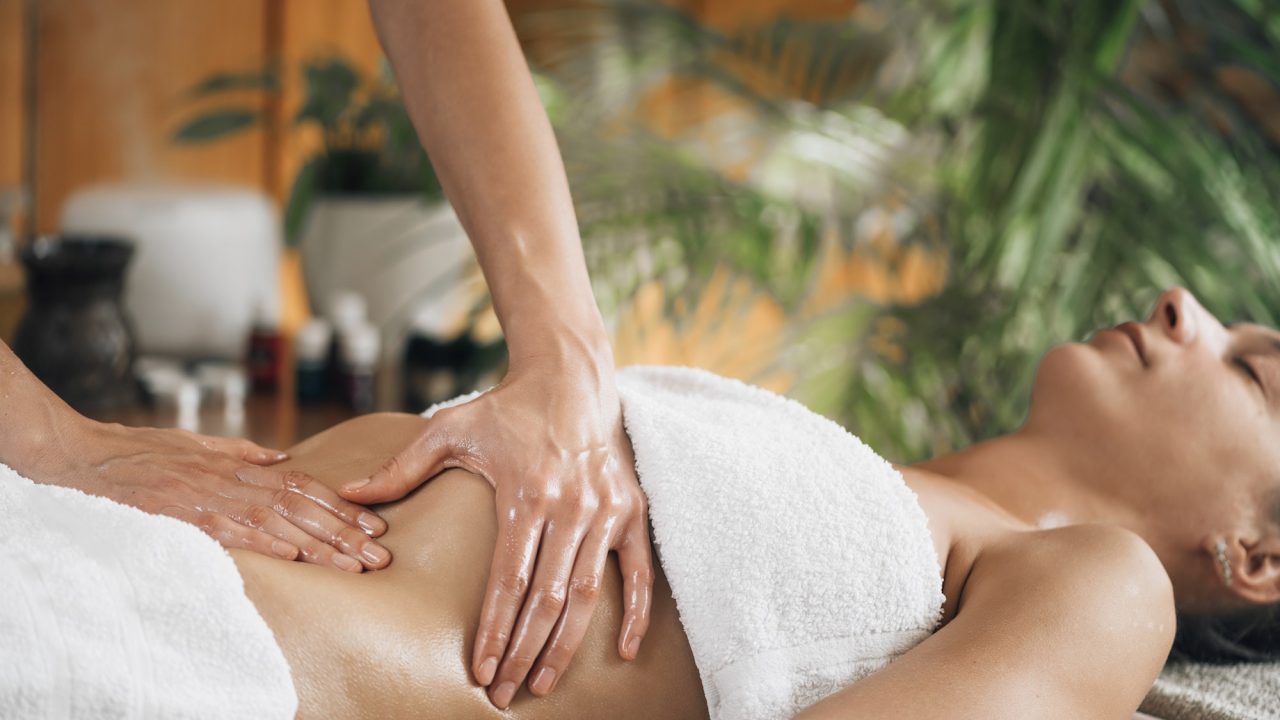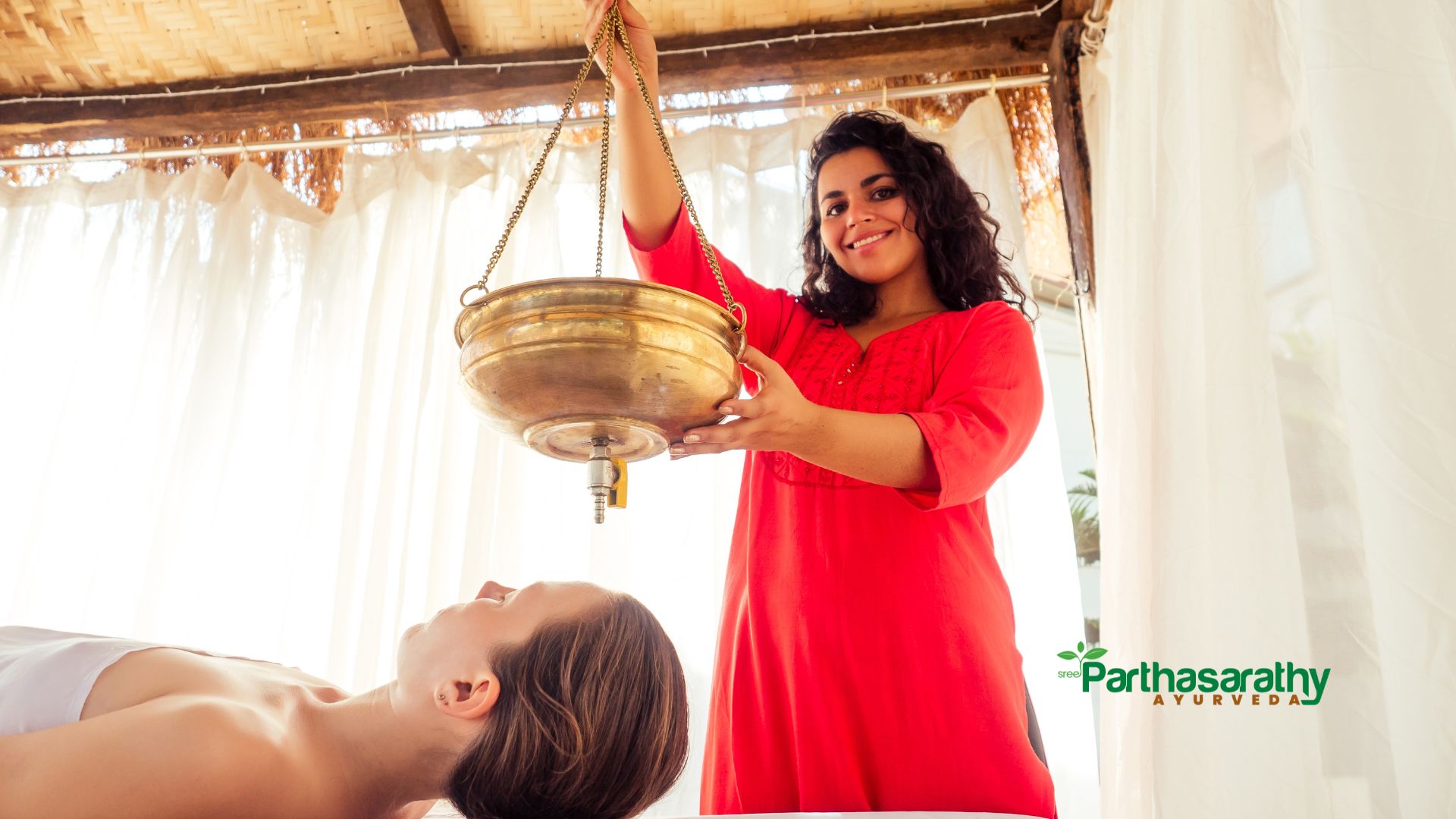
Discover the Best Ayurvedic Treatment at Sree Parthasarathy Ayurveda Hospital in Kerala
If you’re seeking holistic healing and rejuvenation, look no further than Sree Parthasarathy Ayurveda, the
Sree Parthasarathy Ayurveda is a leading provider of Panchakarma treatment in Kerala. We offer a variety of Panchakarma packages to meet the individual needs of our clients. Our experienced Ayurvedic practitioners will work with you to develop a personalized treatment plan that is right for you.
Panchakarma is a traditional Ayurvedic detoxification and rejuvenation therapy that has been practiced for centuries. It is a five-fold process that aims to cleanse the body of toxins, restore balance to the doshas (mind-body elements), and promote overall health and well-being. Each step of Panchakarma is tailored to the individual’s needs and constitution. The treatment is typically performed in a residential setting over a period of two to three weeks.
To learn more about Ayurveda and Panchakarma treatment at Sree Parthasarathy Ayurveda, please contact us today. We would be happy to answer your questions and schedule a consultation.
Panchakarma Treatment offers a wide range of benefits, including:

Each step of Panchakarma is tailored to the individual’s needs and constitution. The treatment is typically performed in a residential setting over a period of two to three weeks.
Detoxify your respiratory system and balance Kapha dosha through this gentle, yet profound cleansing process.
Purify the head and neck region, enhancing mental clarity and alleviating various head-related conditions.
Experience purification of the blood and gastrointestinal tract, promoting balance in Pitta dosha and enhancing overall vitality.
Purify the blood and treat various skin and blood-related conditions through this traditional therapy.
Cleanse and rejuvenate the colon, balancing Vata dosha and nourishing the body tissues.
We understand that you might have several questions about the Panchakarma treatment at Sree Parthasarathy Ayurveda. Below, we have compiled a list of frequently asked questions to help you gain a better understanding of what to expect during this rejuvenating experience.
Panchakarma is a traditional Ayurvedic detoxification treatment that helps to cleanse the body of toxins and promote overall health and well-being.
The treatment consists of five main procedures: Vamana (therapeutic vomiting), Virechana (therapeutic purgation), Basti (therapeutic enema), Nasya (nasal instillation), Raktamokshana (therapeutic bloodletting).
Before undergoing Panchakarma, it is important to prepare the body for the detoxification process. This can be done by following a healthy diet, exercising regularly, and getting enough sleep. It is also important to avoid caffeine, alcohol, and tobacco during this time.
Panchakarma is a personalized treatment, so the specific procedures and duration of the treatment will vary depending on the individual's needs. However, in general, the treatment begins with a consultation with an Ayurvedic practitioner to determine the individual's constitution and the specific procedures that are needed.
Once the treatment plan is established, the individual will undergo a series of detoxification procedures. These procedures may include therapeutic vomiting, purgation, enema, nasal instillation, and bloodletting. The treatment may also include other Ayurvedic therapies, such as massage, herbal therapy, and yoga.
Panchakarma is a safe and effective treatment when performed by a qualified Ayurvedic practitioner. However, it is important to note that Panchakarma is a detoxification treatment, and some people may experience side effects such as nausea, vomiting, diarrhea, and fatigue. These side effects are usually mild and temporary.
The duration of Panchakarma varies depending on the individual's needs. However, in general, the treatment lasts for a few days to a few weeks.
It is important to follow a healthy diet during Panchakarma. The diet should be easy to digest and sattvic (pure). It is best to avoid heavy, greasy, and spicy foods. It is also important to drink plenty of fluids to stay hydrated.
It is important to follow a healthy diet and lifestyle after Panchakarma to maintain the benefits of the treatment. It is also important to avoid caffeine, alcohol, and tobacco during this time.
Panchakarma is not recommended for people with certain conditions, such as pregnancy, malnutrition, and heart disease. It is important to consult with a qualified Ayurvedic practitioner before undergoing Panchakarma to determine if it is safe for you.

If you’re seeking holistic healing and rejuvenation, look no further than Sree Parthasarathy Ayurveda, the

Ayurveda is a traditional Indian system of medicine that has been practiced for over 4,000
Revitalizing Your Health, Naturally! Specialized in Ayurvedic treatments & Herbal remedies.